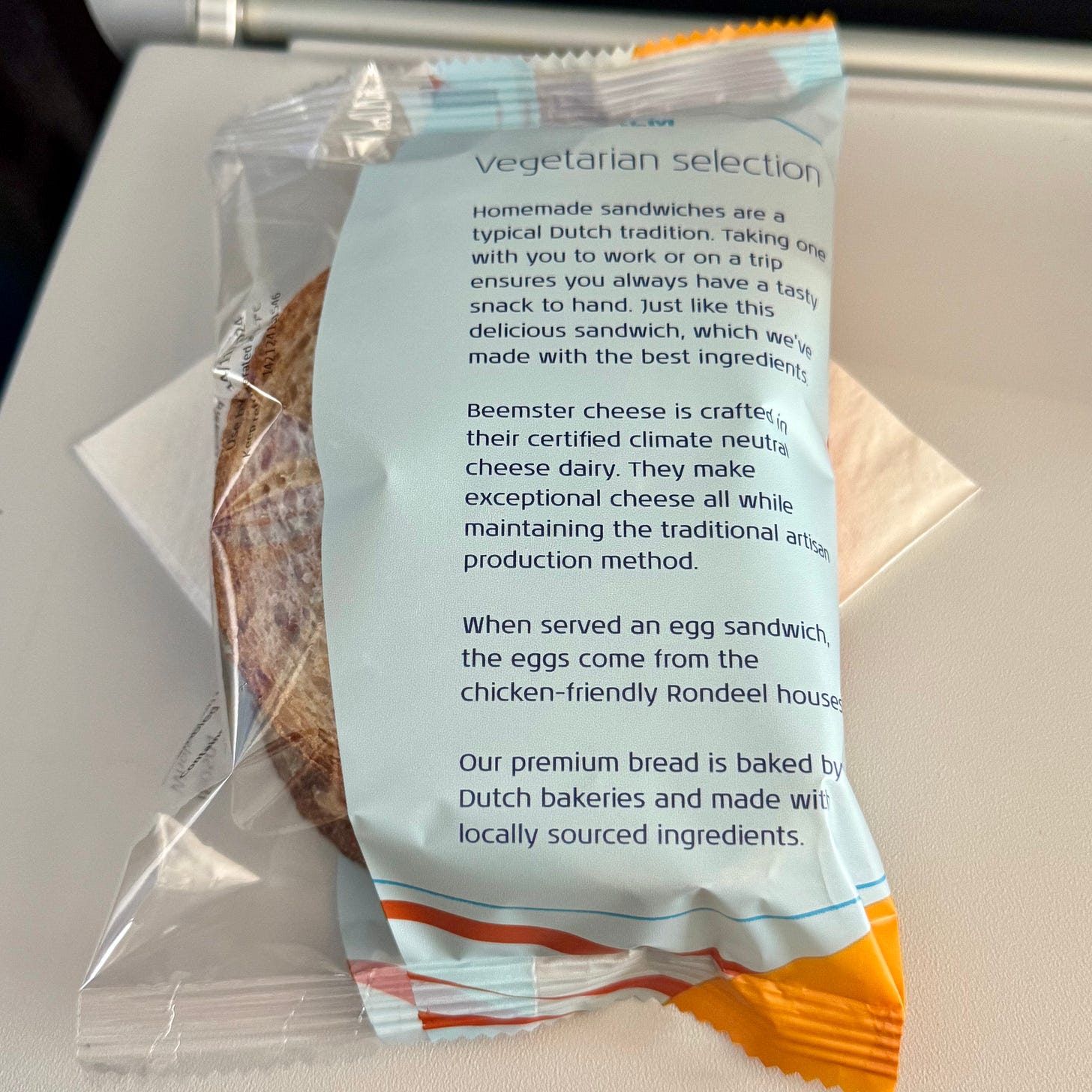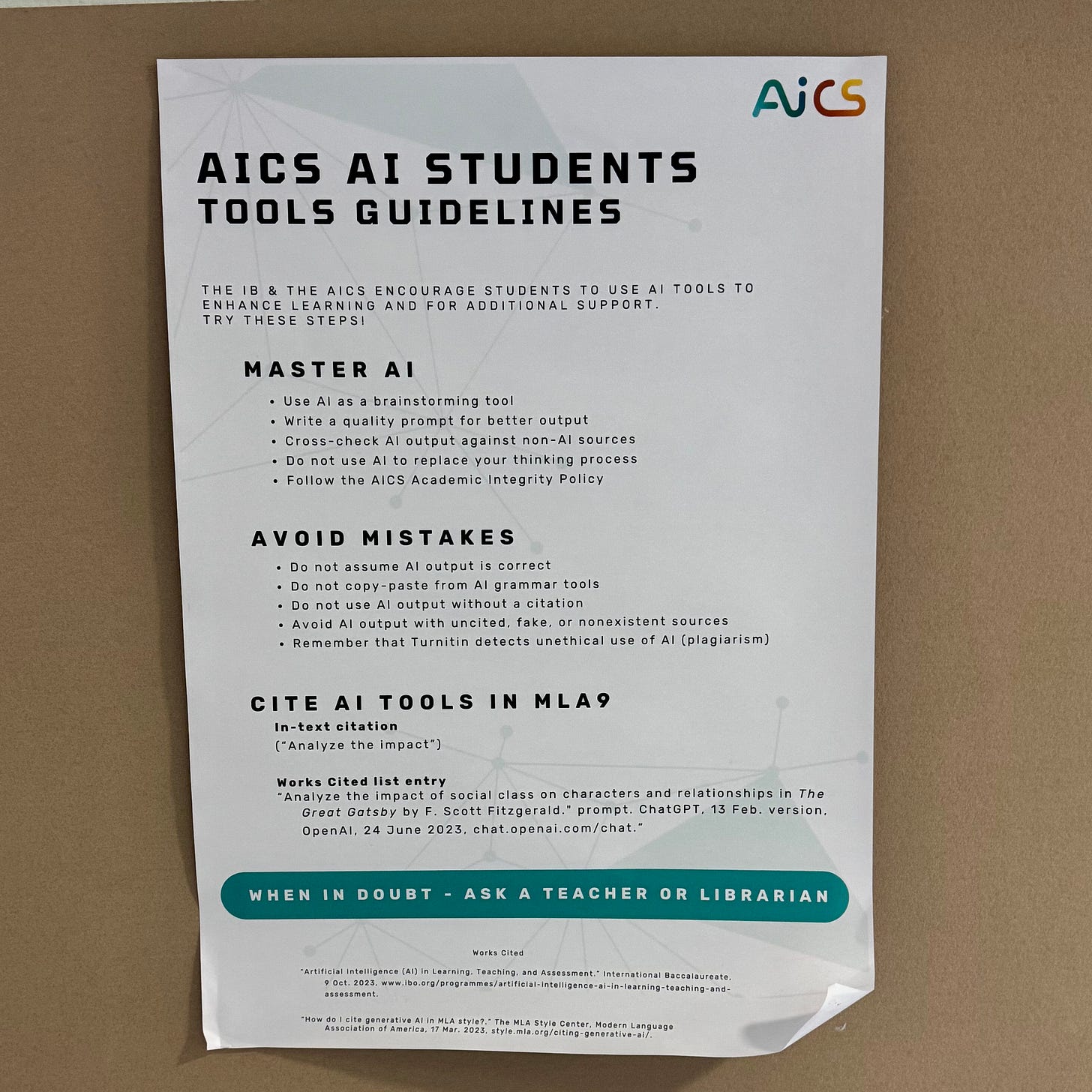Making Money with Open Source - Software Defined Interviews
We talked about a lot more than making money with open source in this interview with RedMonk’s Rachel Stephens, but the part was pretty good:
In this episode, Whitney Lee and Coté dive into the insights of Rachel Stephens from RedMonk about the world of being an industry analyst. They discuss experiences from working as an analyst, the balance between qualitative and quantitative analysis, the challenges and misconceptions surrounding open-source business models, and the impact of AI on the analyst profession and beyond. They also discuss the 2024 DORA report, and a few other topics.
You can listen on the episode show notes page, watch the original video (above), or, best, subscribe to the podcast to check it out. Doing these podcasts with Whitney has been great, we’ve go four of five more lined up, so there’s plenty more coming.
Wastebook
Wilford Brimley oatmeal marketing: whatever happened to just buying computers?
The problem is often lack of focus. What the executive has to do is give permission to cut all the other stuff out, and do the structural work for that: shutting down projects, closing divisions, even getting rid of people. In tech, this often means limiting chasing shinny objects, shutting down “moonshots.” Anti-innovation as it may be, these executives only focus on things that make money and immediately, intuitively benefit the customer. You have a strategy to run the business better, maybe even make more money. You don’t have a strategy to come up with a new product, create a new market. Which is fine: you’ll probably fail at that, like most everyone else. Your goal is to survive and thrive, not risk it all for glory and selling your shares at the IPO.
“The Drooling Diplomat,” Dungeon Magazine, #63.
“Reading is a form of necromancy.” Here.
Even “Bitcoin Jesus” can’t escape the IRS.
“I really don’t want cynicism to become my compass.” Noah.
“Bull power for money stream.” Both at GoTech World.
“We are all smart with browsers made by others.” Talk title at GoTech World.
If you give people the chance to edit, they often will. If you just publish it, they will often say it’s good. -“Musk-a-Lago.” Recent reports.

Relative to your interests
Review of Seth Godin’s strategy book - “The content is deep. As a long-term strategic planning facilitator, my work confronts issues that most executive teams skim over in their customary short-term, emergency-driven thinking. Getting them to think about abstract questions for long hours at a time, while sitting face to face with their peers isn’t easy.” // The irony, in a good way, of Godin’s work is that it’s mostly aphoristic: short, punchy, and memorable. Less of a book, and more of a chapbook or blog posts, Tweets, etc. The perfect length, tone, and cleverness that an executive likes and can use in bureaucratic knife-fighting.
Red Hat acquires tech to lower the cost of machine learning | Computer Weekly - The race to build the private AI stack for enterprises: “All of this translates to lower costs, faster inference and the ability to run AI workloads on a wider range of hardware.”
Why Developers Are Unresponsive to Traditional Marketing - They just want to try the actual tool without a lot of bullshit. At the very least, they want to see a realistic use of it: actually typing, no business outcomes babbling.
Da Art of (Business) Storytellin’ - “Storytelling is not only important for advertising but for internal team alignment. We hear stories about Airbnb’s movie-quality storyboards around its office or Amazon’s Press Release Method. The key takeaway is that the company must align marketing and product. Slogans and one-liners must be brainstormed at the same time patents are being drawn. If the product team builds first, then asks marketing to find the story, it’s a recipe for disaster. It will lead to the customer expecting X but actually receiving Y.”
“Here I Gather All the Friends”: Machiavelli and the Emergence of the Private Study - ”Key features of Machiavelli’s personality come out: he can be as vulgar as the villagers; he bickers with them, delighting in puns and innuendos. Minutely attuned to their foibles and peccadillos, nothing is lost on him. He deprecates his now lowly position, all the while gathering information. In sum, he is a consummate observer of human behavior — his own and others.” And: “From Augustine onward, the Christian tradition posits that reading is a dialogue with God. Machiavelli (and before him Petrarch) marked a change: in this new practice, reading became instead a dialogue with the voices of antiquity.” // And: “The interior of Montaigne’s tower is textualized [because he carved maxims a proverbs into the wooden rafters], and in turn the microtexts on his ceiling beams form the architectonics of his essays. In other words, for Montaigne there is a continuum between interior spaces, intellectual interiority, and spiritual inwardness: the built environment not only encloses his body but also reflects his inner life.”
Conferences
SREday Amsterdam, speaking, Nov 21st, 2024. Discounts! SREDay Amsterdam: 20% off with the code SRE20DAY. CfgMgmtCamp, February 3rd to 5th in Ghent. SCaLE 22x/DevOpsDays LA, March 6th to 9th in Pasadena, California.
Logoff
The T key on my laptop is sticking. How does one fix that kind of thing? (Notice how many T’s were in the sentence? I sure did!)
Not much to say, really. Weird afternoon. On such occasions, this is one of the many comfort clips that makes me smile.
